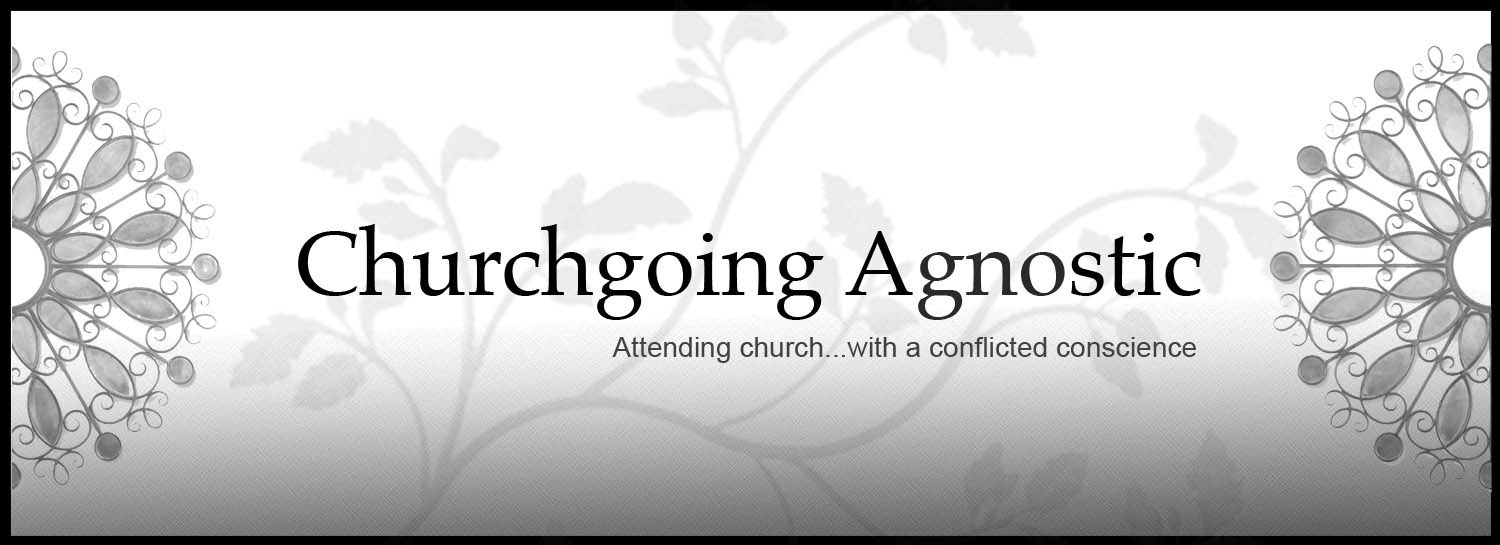The song’s lyrics (allegedly written by 20th century Southern gospel songwriters Bill and Gloria Gaither) describe a meaningful experience that seems to go beyond articulation (“something happened”). Here are the words:
He touched me, O he touched me,
And O the joy that floods my soul!
Something happened, and now I know,
He touched me and made me whole.
Shackled by a heavy burden,
'Neath a load of guilt and shame,
Then the hand of Jesus touched me,
And now I am no longer the same.
He touched me, O he touched me,
And O the joy that floods my soul!
Something happened, and now I know,
He touched me and made me whole.
Since I met this Blessed Savior,
Since he cleansed and made me whole,
I will never cease to praise him;
I'll shout it while eternity rolls.
He touched me, O he touched me,
And O the joy that floods my soul!
Something happened, and now I know,
He touched me and made me whole.
I notice that the lyrics do not contain an exegetical analysis of a biblical passage, nor do they give an exhaustive systematic theological credo. Instead, they contain subjective and basic statements of religious identity and affirmation that humbly declare, “the hand of Jesus touched me, and now I am no longer the same.” While I believe that such bold and subjective claims can be very dangerous (especially if one's mind is closed to the meaningfulness that other realities have for other people) and while the lyrics themselves had little meaning for me personally, I was willing to still my criticism for a moment and to let them be what they were.
I sat in my seat and tried my best to allow my senses to fully take in the experience that was unfolding before eyes as I sat there listening to both the vocalist, the pianist and the congregation. There were outbursts of emotion and tears of relief as many shouted out their praises- nodding their heads as each line was sung. I was watching this song bring comfort, hope and meaning to these people. I could imagine their burdens becoming weightless. From their response, I could tell that this song touched them in the deepest recesses of their beings.
Despite my own doubts and hostility towards traditional Christianity’s creedal assertions, simple/simplistic answers and dogmatic claims (almost all of which I find to be less than credible), seeing the effect that such a song has on people was enough to convince me that this “heart space” in people- that part of their being where the sacred is cherished, honored and worshipped- is a place that I must take seriously. I’d dare even say I must treat this heart space as “holy ground” that I must tread with the utmost caution and respect. The fact that this “holy ground” exists in people neither makes them any lesser or better than me or anyone else, but it does mean that- if I hope to engage people in any transformational dialogue- I need to also acknowledge that which “touches” them.
This approach echoes a disturbing idea brought up to me months ago by a dear friend of mine (a fellow seminarian). He believes that we all need each other in order to progress in this life. He asserts that despite our political, religious, cultural, sexual and socio-economic differences, we cannot write off "the other" as if they had no value and must treat those who disagree with us (who are often our "enemies") as "central and vital" to us in order to "fully realize the salvation of the world." This is a hard truth that I don't like wrestling with, but wrestle I must because I believe he is right.
I admit that I have some radical ideas and little patience with tradition and supernaturalism, but last Sunday's worship service was enough to give me pause. However, a willingness to respect other people's beliefs is by no means a reason for any of us to stop asking the critical questions about the nature, reality and implications of those beliefs. Nevertheless, I continue to be amazed at the "staying power" of both the stories of Jesus, people’s experiences with these stories and their own ideas about who Jesus was and is for them. These stories and ideas have “touched” people for over two-thousand years and the stories are still being told (even though I suspect the original story has been heavily embellished over time). But at least three essential questions remain: "What do these stories mean for us now?", "How does all of this 'touch' us?" and "How will we seek to understand and work with each other going forward?"



No comments:
Post a Comment